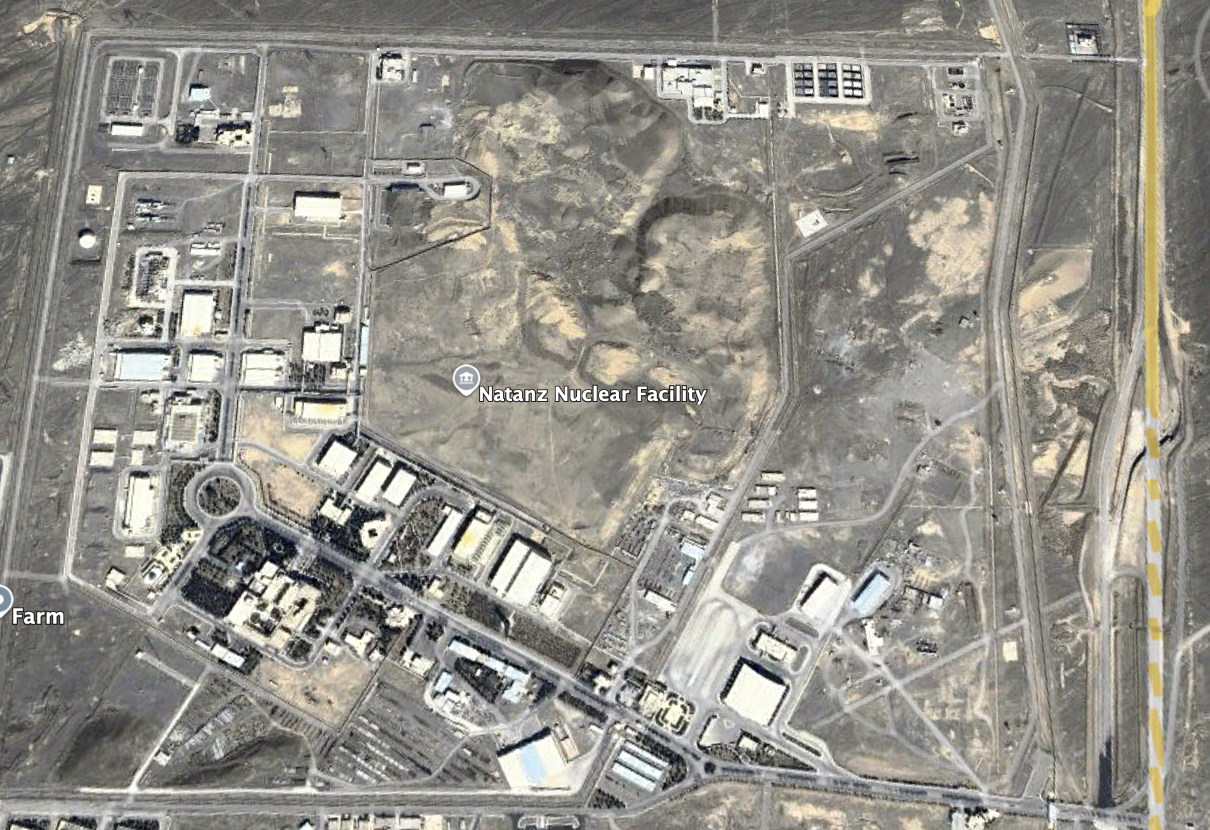US Intelligence Warns of Potential Israeli Strike on Iran’s Nuclear Sites in 2025
Executive Summary
US intelligence assessments warn that Israel is likely to launch a preemptive strike on Iran’s nuclear facilities this year, potentially targeting the Fordow and Natanz sites. While President Donald Trump has expressed a preference for a diplomatic deal, Israeli leaders see an opportunity to weaken Iran’s nuclear ambitions. The reports suggest that Israel may seek US support, as it lacks the capabilities for a fully effective strike without American assistance. The situation raises concerns about escalating tensions in the Middle East, with the possibility of broader regional conflict.
Analysis
Recent US intelligence reports, prepared during both the Biden and Trump administrations, suggest that Israel is actively considering strikes on Iran’s nuclear infrastructure in 2025. These reports, leaked to major outlets such as The Washington Post and The Wall Street Journal, indicate that Israel sees Iran’s current weakened state—due to economic sanctions and military losses—as an opportunity to strike.
Israel’s Strategic Considerations
Target Sites: The primary targets appear to be Iran’s Fordow and Natanz nuclear facilities, both deeply fortified underground sites crucial to Iran’s uranium enrichment program.
Methods of Attack: Two main options are being discussed:
Standoff Strike – Using long-range missiles launched outside Iranian airspace.
Direct Airstrike – Involving Israeli aircraft flying into Iranian airspace to deploy bunker-buster bombs.
US Support: Israel would need American assistance, particularly in aerial refueling and supplying specialized munitions like BLU-109 bunker busters. The Trump administration recently approved the sale of guidance kits for these bombs to Israel, further fueling speculation about US involvement.
US Position and Trump’s Strategy
Despite Trump’s historical hardline stance against Iran, he has signaled a preference for diplomacy over military action. He recently stated, “Everyone thinks Israel, with our help or our approval, will go in and bomb the hell out of them. I would prefer that not happen.”However, his administration continues to impose severe sanctions on Tehran under a “maximum pressure” strategy, keeping military action as an implicit option.
Iran’s Response and Regional Implications
Iran has vowed to retaliate against any attack on its nuclear facilities. While it insists its nuclear program is for peaceful purposes, the International Atomic Energy Agency (IAEA) has reported uranium enrichment levels with no civilian use. Some US intelligence sources warn that an Israeli attack could push Iran toward openly pursuing a nuclear weapon as a deterrent.
Additionally, the region remains volatile:
Hezbollah in Lebanon: Despite being weakened by recent Israeli airstrikes, Hezbollah remains a powerful deterrent against Israeli action.
Houthi Rebels in Yemen: Iran-backed Houthis have repeatedly attacked Israeli and US targets.
Syria: With the Assad regime recently ousted, Iran has lost a key regional ally.
Potential Outcomes
If Israel Strikes Without US Support: A limited impact on Iran’s nuclear capabilities, likely setting the program back by only months. Iran may retaliate but would struggle to escalate due to its weakened position.
If Israel Strikes With US Support: A more devastating blow to Iran’s nuclear infrastructure but a significant risk of full-scale regional war.
If Diplomacy Prevails: Trump negotiates a new nuclear deal, but Iran demands sanctions relief in return.
